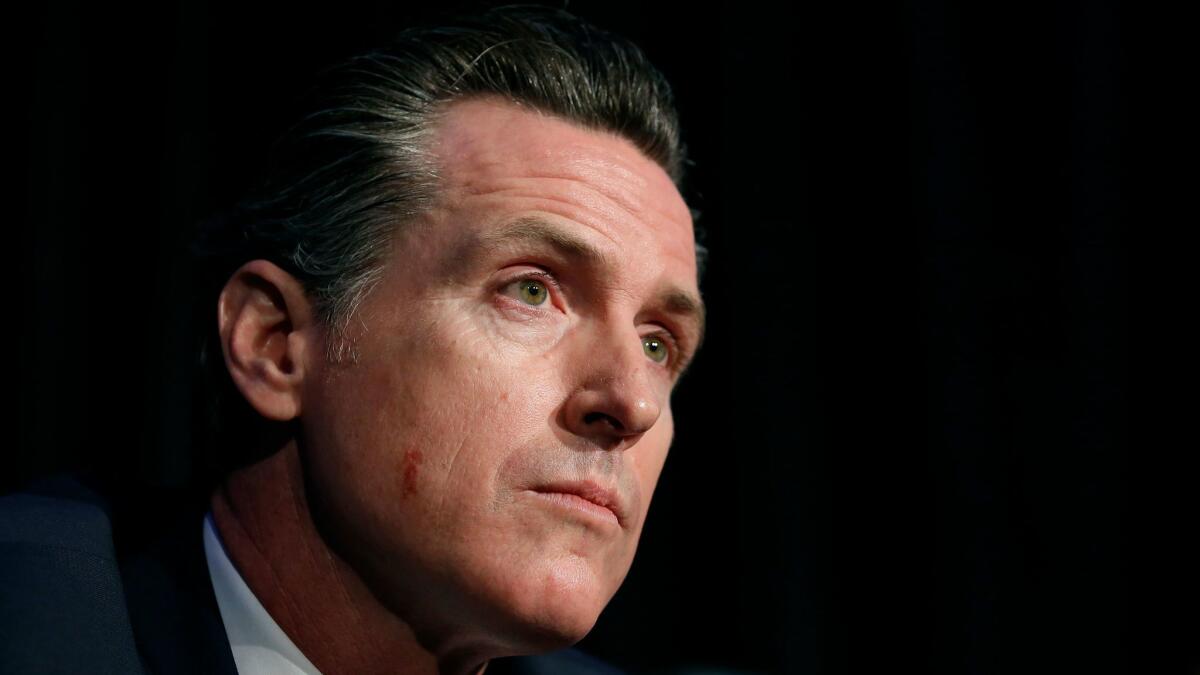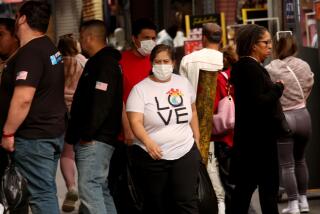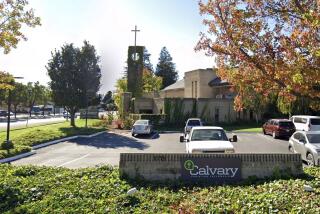Court upholds California ban on church services in coronavirus pandemic

California Gov. Gavin Newsom had the right to ban church assemblies in the interest of public health during the coronavirus outbreak, a federal judge ruled Tuesday.
Newsom’s stay-at-home order did not violate the constitutional rights to free assembly and religion when the Cross Culture Christian Center in Lodi was ordered to cease holding services, Judge John Mendez ruled in Sacramento.
Pastor Jonathan Duncan had continued to assemble his congregation after the governor banned public gatherings in March despite warnings it was in violation of state and local orders. The church of fewer than 50 members said it was obeying federal guidelines to prevent spread of the virus.
Lodi police entered the church during a service attended by about 30 worshipers in late March and said they were defying the governor’s order. The church responded with a “cease and desist” letter sent to the city and argued they had a 1st Amendment right to gather and practice their religion.
“Constitutional rights cannot be suspended by a virus,” the church’s attorney, Dean Broyles, said at the time.
Police posted a notice on the building that its nonessential use created a public nuisance. San Joaquin County health officials then warned the church’s landlord, Bethel Open Bible Church, it could face a misdemeanor charge if it allowed assemblies to continue.
Duncan planned to hold Palm Sunday services on April 5, but couldn’t get in the church because his landlord had changed the locks. Police threatened to cite anyone who entered the property.
Duncan said in a statement that he was disappointed with the ruling but would continue to fight for the right to worship.
“It is time for pastors and religious leaders across the state to rise up and start pushing back against these draconian stay-at-home orders that completely fail to take into account the true essentiality of religion in our society,” he said.
The church was one of several that initially defied the governor’s order. Most houses of worship have moved to online services, though Broyles said “more churches than you would think” are not complying with the order.
The church argued in its suit against Newsom, Lodi police and county health officials that the order was an abuse of power that criminalized communal worship while allowing people to frequent department stores, liquor stores, marijuana dispensaries and other businesses deemed essential.
The judge said that argument missed the point because shoppers were going to those businesses to purchase specific items, not to commune with one another. A more relevant comparison would be restaurants, concerts, movies and sporting events — secular places people gather that were also ordered closed.
Mendez said state and local stay-at-home orders were a valid exercise of emergency police powers and didn’t violate the church’s constitutional rights. Mendez noted that the Supreme Court more than 100 years ago upheld the government’s right to exercise police powers to promote public safety during a public health crisis.
“During public health crises, new considerations come to bear, and government officials must ask whether even fundamental rights must give way to a deeper need to control the spread of infectious disease and protect the lives of society’s most vulnerable,” Mendez wrote.
Americans United for Separation of Church and State, which filed a brief supporting the public officials, applauded the ruling because it upheld an order that applies to secular and religious gatherings.
“Gov. Newsom’s public health order does not violate religious freedom; it ensures that the government is not favoring some people’s religious practices in a way that endangers other people’s lives,” Rachel Laser, president and CEO of Americans United said in a statement. “We sympathize with Californians who find solace in communal religious services and applaud the faith communities who are finding creative new ways to worship together remotely.”
Broyles said the judge’s rejection of a temporary restraining order request will not stop them from pressing on with their case.
“It’s the first skirmish in many battles that lie ahead,” he said.
More to Read
Sign up for Essential California
The most important California stories and recommendations in your inbox every morning.
You may occasionally receive promotional content from the Los Angeles Times.










